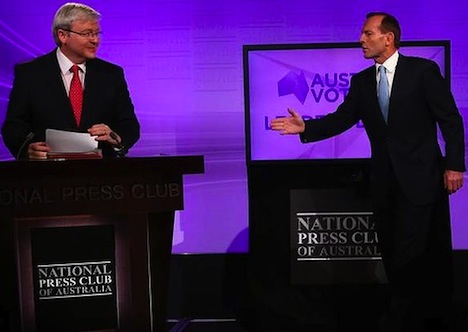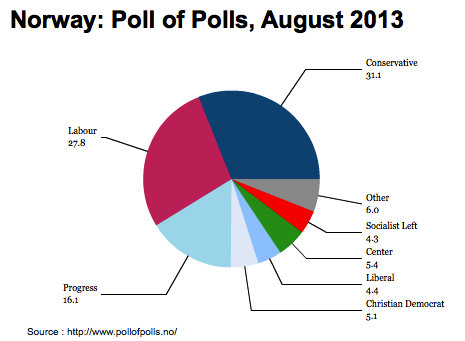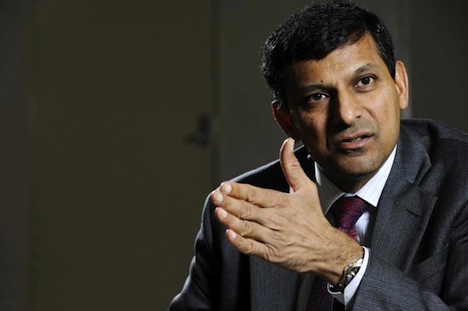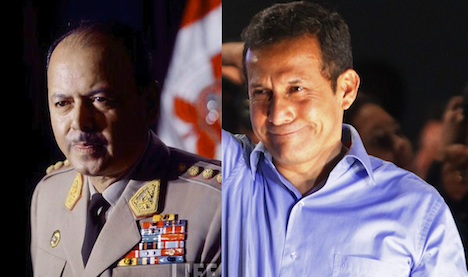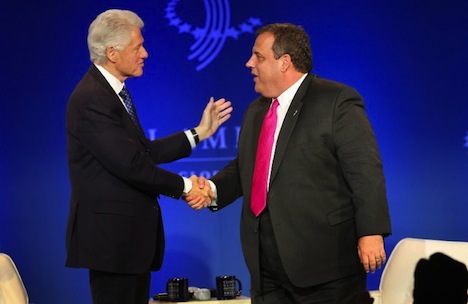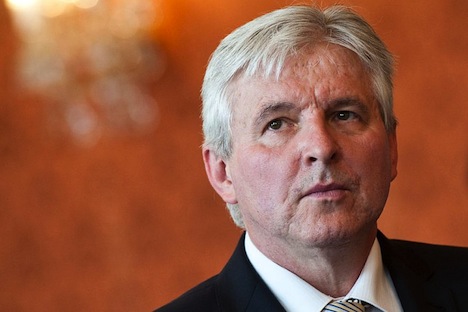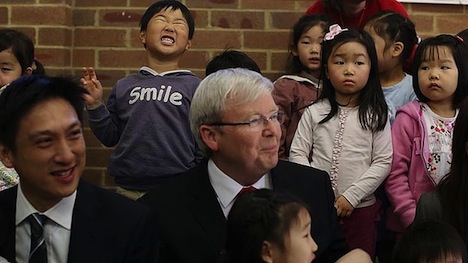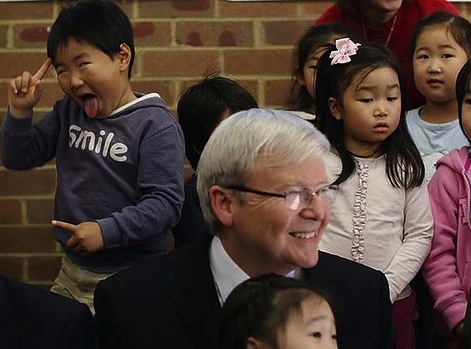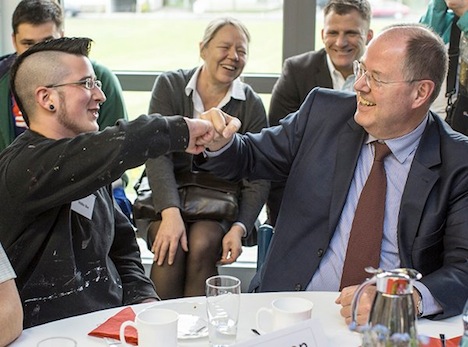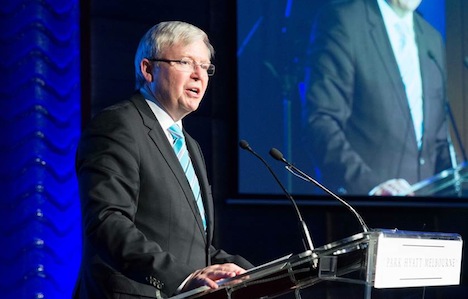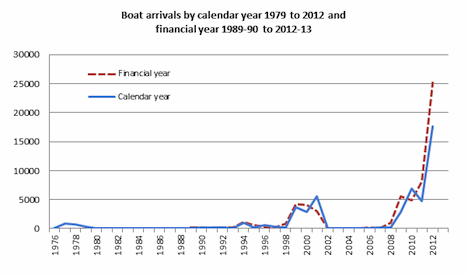If you’re not familiar with U.S. politics, you may not have realized the huge decision that came down on Monday from the federal Southern District of New York declaring that the ‘stop-and-frisk’ approach of the New York Police Department is unconstitutional.![]()
![]()
But the judge, Shira A. Scheindlin, found that the Police Department resorted to a “policy of indirect racial profiling” as it increased the number of stops in minority communities. That has led to officers’ routinely stopping “blacks and Hispanics who would not have been stopped if they were white.”
The judge called for a federal monitor to oversee broad reforms, including the use of body-worn cameras for some patrol officers, though she was “not ordering an end to the practice of stop-and-frisk.” In her 195-page decision, Judge Scheindlin concluded that the stops, which soared in number over the last decade as crime continued to decline, demonstrated a widespread disregard for the Fourth Amendment, which protects against unreasonable searches and seizures by the government, as well as the 14th Amendment’s equal protection clause.
It’s a landmark decision, as far as trial court decisions go, that acknowledges the inherent racism of the NYPD’s stop-and-frisk program, which took off in 2002 under the Bloomberg administration. Essentially, the practice allows the police to stop hundreds of thousands pedestrians annually, the majority of which are African-Americans and Latinos, and to frisk them for weapons (or, of course, drugs) without probable cause — or, under a landmark U.S. Supreme Court case from 1968, Terry v. Ohio, ‘reasonable suspicion’ that the person to be frisked is armed and dangerous.
New York City mayor Michael Bloomberg was decidedly not pleased, and he lashed out in a press conference that was more befitting a toddler than the mayor of the largest city in the United States:
To one journalist — but really to all of them and any critic of stop-and-frisk, however moderate — Bloomberg exclaimed, “You couldn’t be more wrong!”
Bloomberg, who will leave office in January 2014 after 12 years as mayor of New York City, argued fiercely for the benefits of stop-and-frisk, downplayed the concerns over civil liberties, refused to make any changes in the NYPD operating procedures anytime in the near future and even implicitly accused the ruling of leading to future citywide deaths at the hands of criminals who would otherwise slip through the NYPD crucible. Bloomberg also pointed to a 30% reduction in violent crime since he took office, though the fact of the matter is that New York’s crime dropped even more precipitously in the 1990s under Giuliani, who had his own civil liberties controversies, including the NYPD’s high-profile sodomizing and assault of Abner Louima and the fatal shootings of Amadou Diallo and Patrick Dorismond.
But Bloomberg’s performance on Monday afternoon, however, was less reminiscent of Giuliani than another longtime player in world politics — former prime minister Silvio Berlusconi. And not just because they are apparently summer neighbors on ‘millionaire’s row’ in Bermuda. Continue reading Is Michael Bloomberg the Silvio Berlusconi of U.S. politics?


